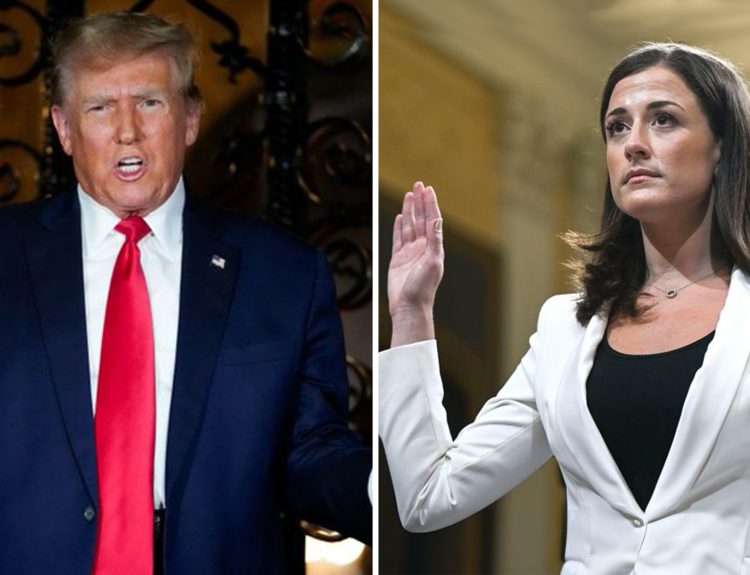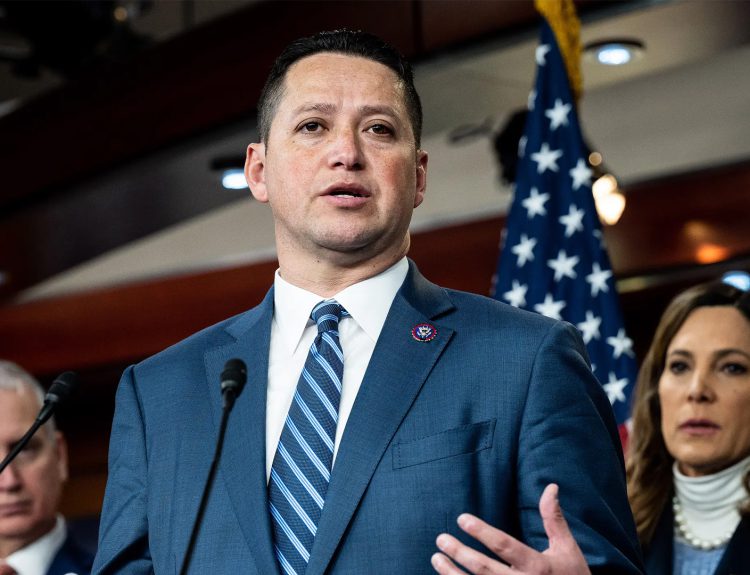As the threat to House Speaker Mike Johnson’s leadership grows within the Republican Party, several House Democrats have expressed their unwillingness to support his removal. With the GOP soon to hold a razor-thin majority, Johnson may need to rely on Democratic votes to maintain his position as Speaker.
Massie Joins Greene in Motion to Vacate
Rep. Thomas Massie (R-Ky.) announced during a closed-door Republican conference meeting that he will co-sponsor Rep. Marjorie Taylor Greene’s (R-Ga.) motion to remove Johnson from his role as Speaker. The move comes in response to Johnson’s plan for passing foreign aid in the House, including the controversial Ukraine aid that has drawn the ire of right-wing hardliners.

The motion to vacate, which would force a vote on Johnson’s removal, has gained traction among some Republicans who are dissatisfied with the Speaker’s handling of foreign aid legislation. However, with Democrats potentially holding the deciding votes, Johnson’s fate remains uncertain.
Democrats Signal Support for Johnson
Despite the growing Republican opposition, several House Democrats have reiterated their stance against removing Johnson from his position as Speaker. Rep. Jared Moskowitz (D-Fla.) and Rep. Tom Suozzi (D-N.Y.) both confirmed that they would vote against a motion to vacate.

Another unnamed House Democrat, when asked if the party would save Johnson, simply replied, “Yes.” The support from across the aisle could prove crucial in determining the Speaker’s future, especially considering the Republicans’ slim majority in the House.
Timing and Foreign Aid Details Key to Johnson’s Fate
The timing of the motion to vacate and the details of the foreign aid package are two factors that could significantly impact Johnson’s chances of survival. A senior House Democrat warned that if the motion precedes foreign aid votes, it could pose a “serious problem” for the Speaker.
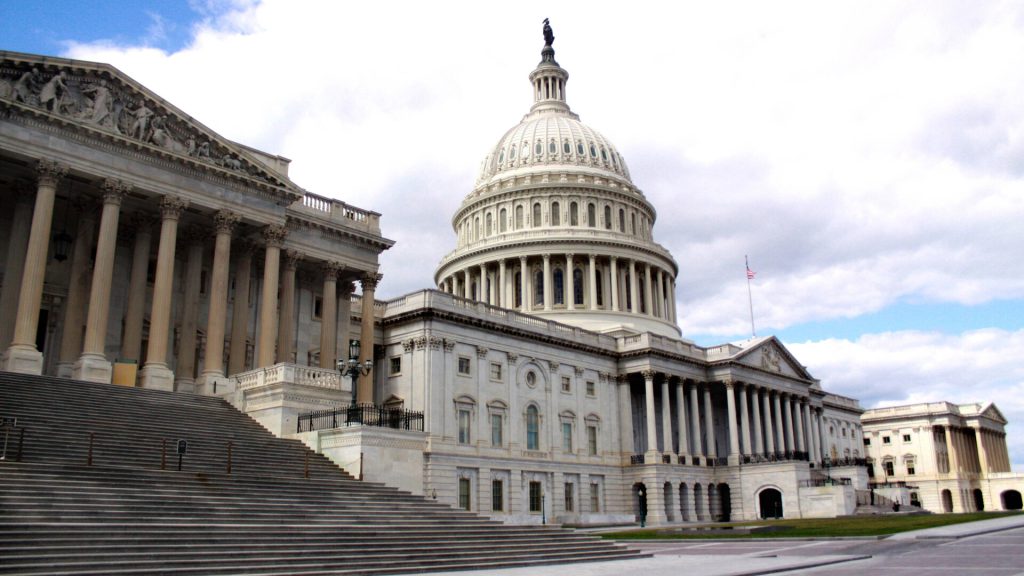
Rep. Hillary Scholten (D-Mich.) emphasized that there are “a lot of moving pieces” and that Johnson must “put his money where his mouth is” when it comes to the foreign aid package. Democrats are more likely to support Johnson if the motion to vacate comes after the successful passage of foreign aid legislation.
Jeffries Pushes for Humanitarian Aid
House Minority Leader Hakeem Jeffries (D-N.Y.) has privately warned Johnson that including substantial humanitarian aid will be crucial in securing Democratic votes for the foreign aid package. In a closed-door meeting, Jeffries informed colleagues that he told Johnson he would not accept anything less than the $9.5 billion in humanitarian aid included in the Senate’s bill.
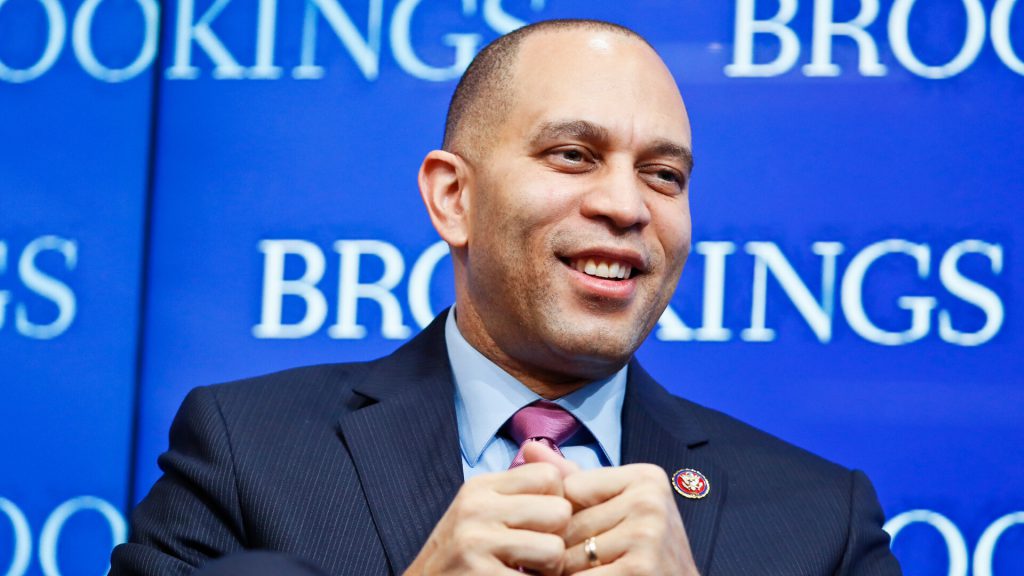
Jeffries’ stance on humanitarian aid highlights the importance of compromise and bipartisanship in ensuring the passage of critical legislation. Democrats are willing to work with Johnson, but only if he demonstrates a commitment to governing from the center.
Democrats Prioritize Governance and National Security
Several House Democrats have expressed their willingness to support Johnson if he demonstrates a commitment to governing effectively and prioritizing national security. Rep. Greg Landsman (D-Ohio) stated that “we have to be able to govern, and our national security is absolutely on the line.”

Rep. Hillary Scholten echoed this sentiment, saying that if Johnson is “willing to govern in the middle,” it would secure her vote. She also noted that many of her constituents “don’t want us spending our time wasting it on another speaker vote.”
Deferring to Democratic Leadership
While some Democrats have expressed their stances on the motion to vacate, many are likely to defer to the guidance of House Minority Leader Hakeem Jeffries. Rep. Haley Stevens (D-Mich.) said she would “listen to Mr. Jeffries on that one.”

Rep. Jamie Raskin (D-Md.) noted that while his colleagues are keeping an “open mind,” they will “definitely look to the leadership for how they think we can be most effective through all the GOP chaos and dysfunction.”
Johnson’s Stance on Bipartisanship
Despite the potential for a bipartisan coalition to save his speakership, Johnson has not indicated that he is willing to deviate from the stance of his predecessor, Kevin McCarthy, who consistently rejected such an arrangement.
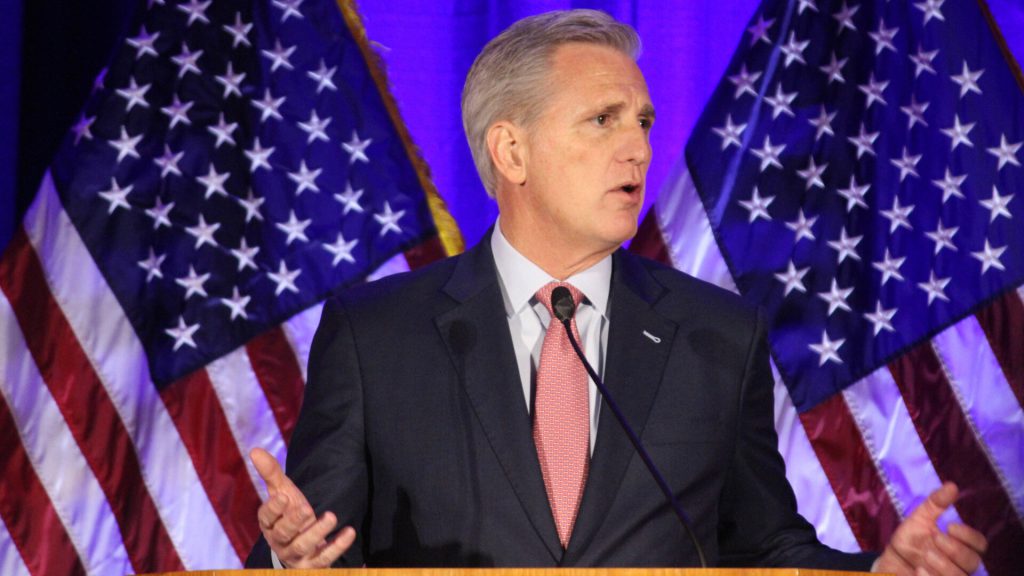
Johnson appeared calm when addressing the motion to vacate, telling reporters, “I am not concerned about this. I am going to do my job.” However, a House Republican close to Johnson expressed hope that Democrats would not “side with those who want to shut the place down.”
The Power of Democratic Votes
With Republicans holding a slim majority in the House, Democratic votes could be the deciding factor in whether Johnson remains as Speaker. If enough Democrats choose to support Johnson, they could effectively neutralize the threat posed by the motion to vacate.
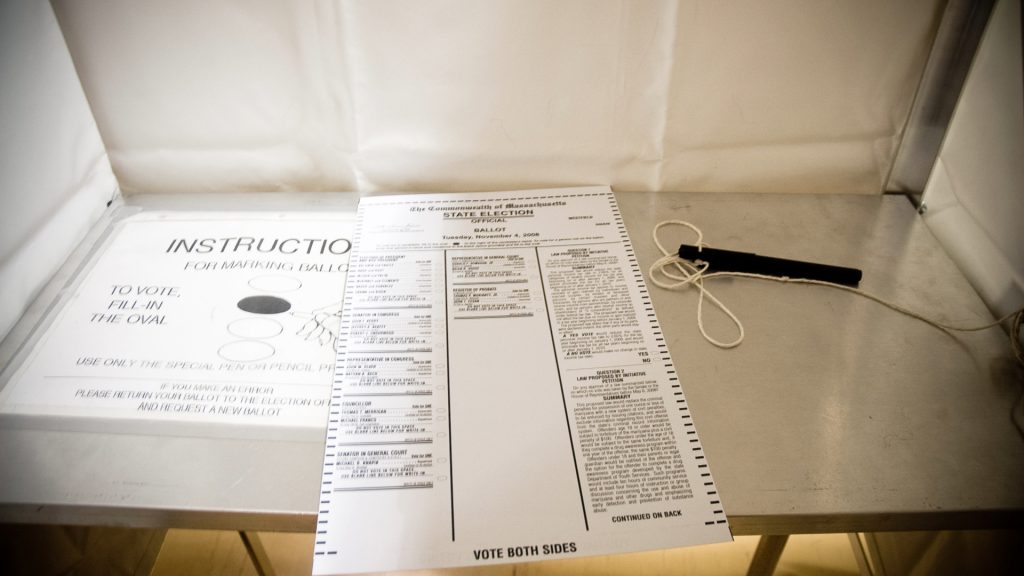
However, Democrats are likely to demand concessions and compromises from Johnson in exchange for their support. The inclusion of substantial humanitarian aid in the foreign aid package, as pushed for by Minority Leader Jeffries, is just one example of the type of cooperation Democrats may seek.
Balancing Act for Johnson
Speaker Johnson finds himself in a delicate position, needing to balance the demands of his party with the need to secure Democratic support. If he leans too far to the right, he risks alienating Democrats and losing their crucial votes.
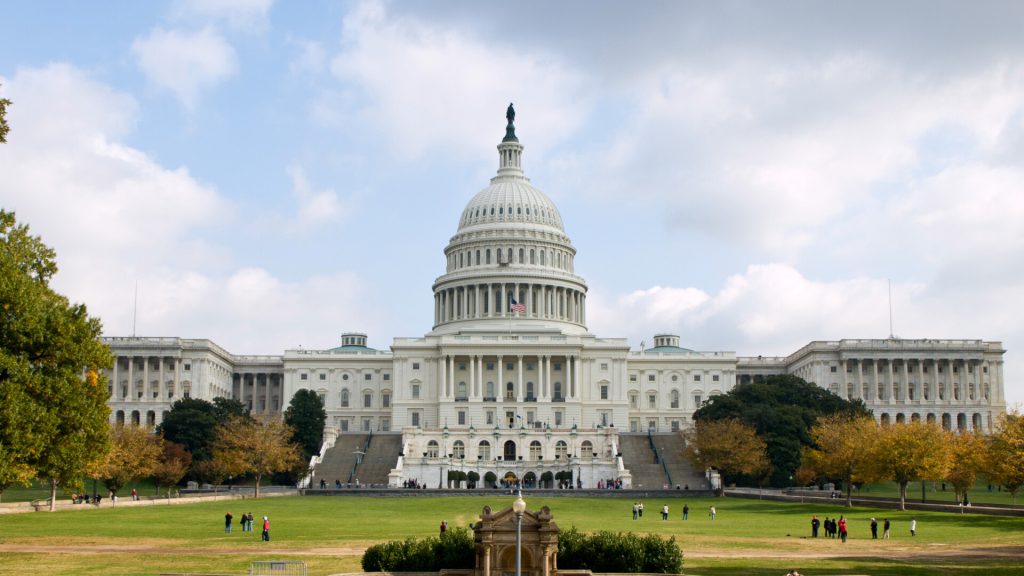
On the other hand, if Johnson makes too many concessions to Democrats, he could face backlash from conservative members of his party, who are already dissatisfied with his handling of foreign aid legislation.
The Consequences of a Successful Motion to Vacate
If the motion to vacate were to succeed, it would trigger a new election for the Speaker of the House. This would likely lead to a period of uncertainty and chaos, as Republicans would need to find a candidate who could secure enough votes to win the speakership.
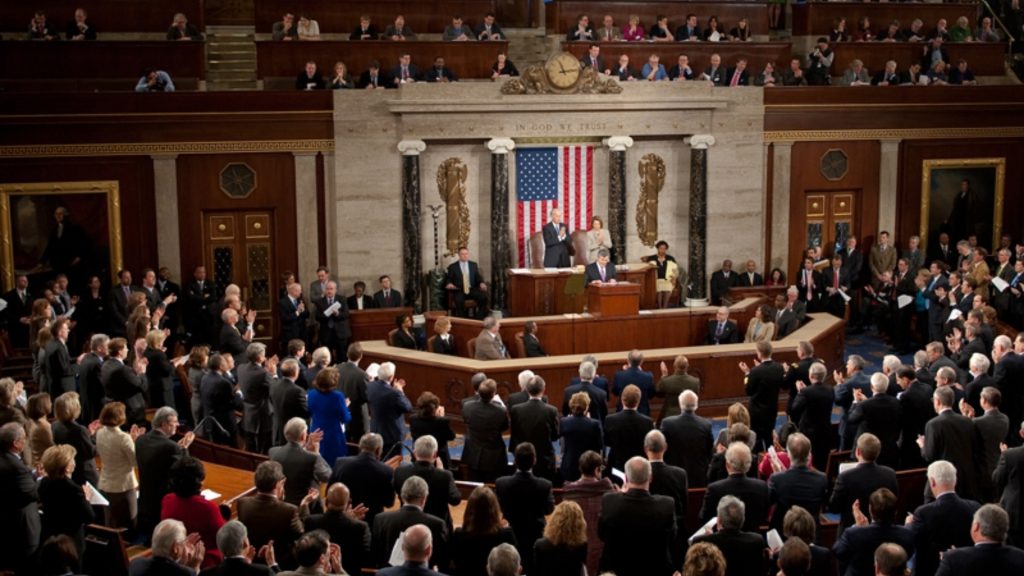
A successful motion to vacate could also embolden conservative hardliners within the Republican Party, who may view it as an opportunity to push for a Speaker more aligned with their ideological views.
The Role of Moderate Republicans
Moderate Republicans in the House may play a crucial role in determining the outcome of the motion to vacate. If they choose to side with Democrats in supporting Johnson, it could provide the Speaker with the votes he needs to survive the challenge.

However, moderate Republicans will also need to consider the potential consequences of aligning themselves too closely with Democrats, as it could draw criticism from more conservative members of their party.
The Importance of Effective Governance
Ultimately, the fate of Speaker Johnson will depend on his ability to demonstrate effective leadership and a commitment to governing in the best interests of the American people. If he can navigate the competing demands of his party and secure the support of Democrats, he may be able to weather the storm and remain in his position.

However, if Johnson fails to find a way to bridge the divide between the two parties and address the concerns of his caucus, he may find himself facing an insurmountable challenge to his leadership.
The Potential for a New Era of Bipartisanship
The current situation in the House, with Democrats potentially holding the key to Johnson’s fate, could mark the beginning of a new era of bipartisanship in Congress. If both parties can find common ground and work together to pass critical legislation, it could set a positive tone for the remainder of the legislative session.

However, for this to happen, both parties will need to be willing to compromise and put the needs of the American people ahead of partisan interests. Only time will tell if this is a realistic possibility in the current political climate.





